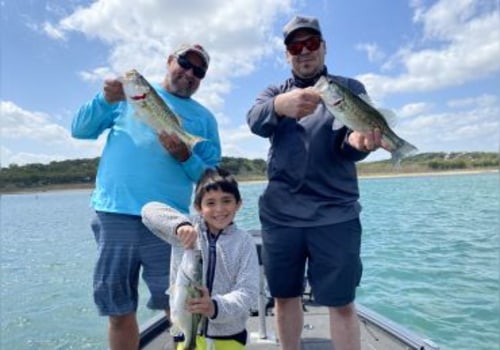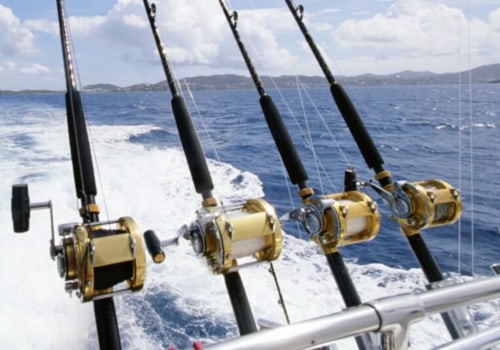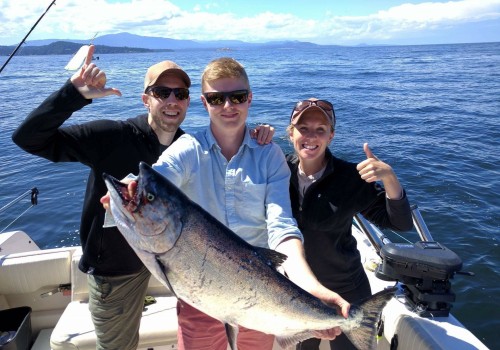Are you looking to get a saltwater fishing license? If so, you've come to the right place. Obtaining a saltwater fishing license can be a daunting task, as each state has different fishing license requirements. To make the process easier, we've put together a comprehensive guide on where to get a saltwater fishing license. The first step is to check the fishing rules and regulations specific to your area.
You can purchase your saltwater fishing license from the fish and wildlife agency in the state where you plan to go fishing. For example, if you're looking for information on free California fishing docks, jetties and breakwaters, you can visit CDFW's California Beach Fishing page. If you're looking for an annual fishing license, this will make the process much simpler. Alternatively, you may want to buy a dock net to help you land larger fish from the dock.
It's important to note that if you catch and decide to conserve ocean whitefish that may not reach the minimum fillet length (6½ inches) once filleted, it's best to keep the fish whole or gutted until you get home and then prepare the fish for eating. If you are fishing for salmon in waters that are shallower than the GMA depth limit, but you catch a rockfish or red cod and conserve it, you are now restricted to fishing for salmon in waters that are shallower than the GMA depth limit because you cannot own rockfish and red cod while fishing in deeper waters deeper than the depth limit GMA. According to Section 1.87 of the CCR, it is illegal to cause or allow any spoilage or waste of any fish caught in the waters of this state. All anglers (including those 65 and older) who intend to fish or harvest certain reef fish on a private vessel in Florida must obtain the state's Reef Fish Fisherman designation. The law requires that anyone who catches, attempts to catch or possess marine fish for non-commercial purposes has a saltwater fishing license.
Your license fee also helps with state fishery conservation efforts. The complexity of sport fishing regulations is due to CDFW's goal of providing the most fishing opportunities for sport anglers, while fulfilling state and federal mandates to manage, protect and restore marine fisheries. The overwhelming options when purchasing a saltwater fishing license can make first-time anglers doubt their decision to try fishing. All anglers fishing from shore or from a structure attached to shore must hold a coastal fishing license. Fish that spend most of their lives in areas close to the coast, such as the white croaker, can absorb higher levels of pollutants present in the water. If you fish deeper than the depth limit of the GMA for your area, you cannot conserve rockfish or red cod because they cannot be caught in waters deeper than the depth limit of the GMA. DoNotPay looks at the process of obtaining a saltwater fishing license in any state to make it less difficult to enjoy ocean fishing from a dock or in open water. We hope this guide has been helpful in understanding where and how to get a saltwater fishing license. Remember that each state has different requirements so it's important to check your local regulations before making a purchase.








